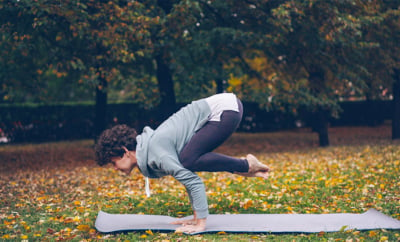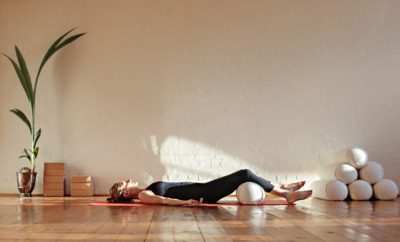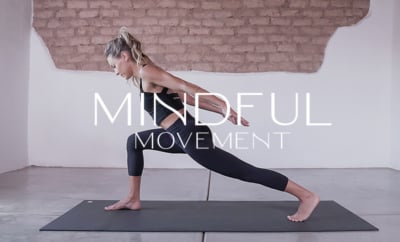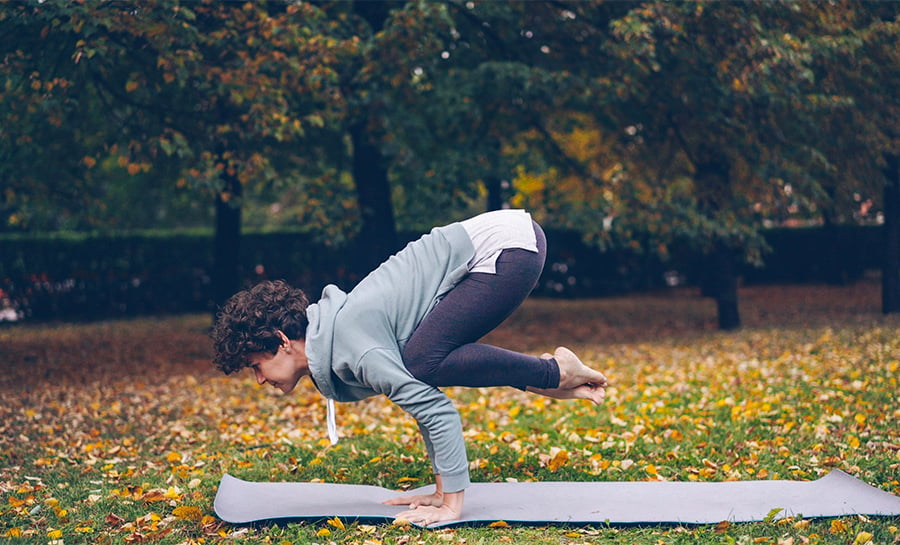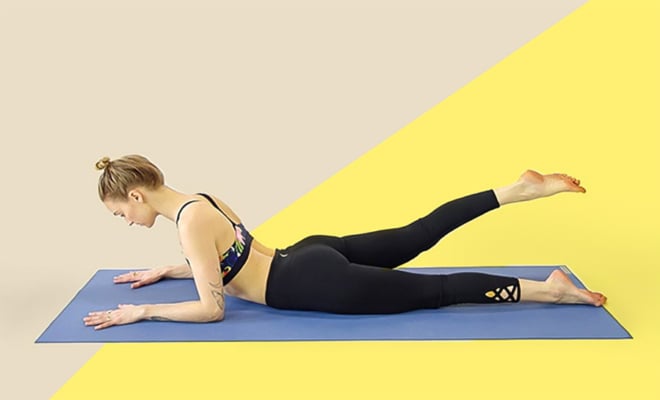Try This Postnatal Workout Routine to Strengthen, Restore, and Energize After Pregnancy

Congratulations on your new bundle of joy! While the postpartum period is filled with exciting firsts, it can also feel overwhelming—especially when it comes to finding time and energy for self-care.
If you’re looking to ease back into fitness after pregnancy, this gentle and effective postnatal workout routine is a great place to start. It will help you rebuild strength, gain energy, and empower your postpartum journey safely aqnd gently.
The Only 4 Postpartum Books New Moms Need to Support Mental, Emotional and Physical Health
Is It Safe to Exercise Postpartum?
Before beginning any exercise program after pregnancy, it’s important to get clearance from your healthcare provider. Typically, women who had a vaginal delivery can start light exercises around 6 weeks postpartum, while those recovering from a C-section may need to wait a bit longer.
Always consult your medical provider before starting a new exercise, listen to your body and start slow.
Before starting any postnatal workout, it’s essential to approach movement with care and patience. Your body has undergone incredible changes, so focus on rebuilding strength gradually while prioritizing recovery.
Benefits of Postnatal Exercise
1. Strengthens core muscles weakened during pregnancy
2. Improves posture and reduces back pain
3. Boosts energy and relieves stress
4. Promotes healthy weight loss
5. Supports mental health
Here Is Your Postnatal Workout Routine:
Whether you’re easing back into exercise for the first time or looking to establish a new fitness routine, these postnatal-friendly exercises are designed to support your journey safely and effectively.
Warm-Up: 5 Minutes
Start with a light warm-up to get your body moving and improve circulation:
Cat-Cow Stretch:
Begin on your hands and knees.
Inhale, arch your back, and lift your head and tailbone (Cow).
Exhale, round your spine, and tuck your chin (Cat). Repeat 10 times.
March in Place:
Gently lift your knees and swing your arms for 2–3 minutes.
Learn why Stretching is Essential for Recovery.
1. Pelvic Tilts
(2 sets of 10 reps)

- Lie on your back with knees bent and feet flat on the floor.
- Engage your core and tilt your pelvis slightly upward.
- Slowly return to the neutral position.
2. Glute Bridges
(2 sets of 12 reps)

- Lie on your back with knees bent.
- Press through your heels to lift your hips, engaging your glutes and lower back.
- Lower your hips slowly.
3. Bird Dog
(2 sets of 10 reps per side)

- On hands and knees, extend your opposite arm and leg straight out.
- Hold briefly, then return to the starting position and switch sides.
4. Side-Lying Leg Lifts
(2 sets of 10 reps per leg)

- Lie on your side with legs straight.
- Lift your top leg slowly, keeping your hips stable, then lower it.
5. Sumo Squats
(2 sets of 12 reps)

- Stand with feet wider than shoulder-width apart, toes pointing slightly outward.
- Lower your body into a squat by bending your knees and keeping your chest upright.
- Engage your core and glutes as you return to the starting position.
6. Dead Bug
(2 sets of 10 reps per side)

- Lie on your back with arms extended toward the ceiling and knees bent at 90 degrees.
- Slowly lower your right arm and left leg toward the floor while keeping your core engaged.
- Return to the starting position and switch sides.
Cool Down: 5 Minutes
Child’s Pose:
Sit back onto your heels, extend your arms forward, and relax your forehead onto the floor. Hold for 1–2 minutes.
Seated Forward Fold:
Sit with your legs extended and gently reach for your toes. Hold for 20–30 seconds.
For more stretches, try Daily Stretch, a beginner-friendly class designed to ease tension and improve flexibility.
A Few Final Tips for Your Postpartum Journey
Keep these final thoughts in mind as you begin exercising. It’s important to approach this journey with mindfulness, patience, and self-compassion.
Take it Slow: Gradually increase intensity as your strength returns.
Prioritize Core Recovery: Focus on rebuilding your core and pelvic floor muscles.
Stay Consistent: Aim for short, regular workouts over long, infrequent sessions.
Incorporate Your Baby: Try workouts that include holding or playing with your baby to make fitness a family activity.
Creating a Personalized Postnatal Workout Plan
Developing a tailored workout plan can address individual needs and fitness levels during the postpartum period. Consider the following steps:
Assess Your Fitness Level: Evaluate your current physical condition to determine a suitable starting point.
Set Realistic Goals: Establish achievable objectives, such as improving energy levels or gradually increasing exercise duration.
Choose Appropriate Activities: Incorporate low-impact exercises like walking, swimming, or specialized postnatal yoga and Pilates classes.
Schedule Consistent Workouts: Aim for regular sessions, even if brief, to build a sustainable routine.
Monitor Progress and Adjust Accordingly: Regularly review your progress and modify your plan to include more challenging exercises as your strength and endurance improve.
Conclusion: Embracing Your Postnatal Workout Journey
Your postnatal workout journey is about more than just physical recovery—it’s an opportunity to reconnect with your body, nurture your well-being, and build strength for the new chapter of motherhood. Every small step you take, whether it’s a quick stretch, a short walk, or a gentle yoga session, contributes to your overall health and confidence.
Remember, there’s no “right” timeline for postnatal fitness. Celebrate your progress, listen to your body, and allow yourself the grace to move at your own pace. Whether you’re focusing on core restoration, rebuilding stamina, or simply finding joy in movement again, your dedication to yourself is a powerful act of self-care.
As you continue your journey, stay consistent and patient, and don’t hesitate to seek support from a postnatal fitness expert or your healthcare provider when needed. You’ve already accomplished something incredible—now it’s time to build strength and resilience, one workout at a time.
Your body is amazing. Let your postnatal workout routine remind you of just how strong and capable you are.
Want a Postnatal Workout Program to Follow?
If you’re looking for a structured postnatal workout program, check out the Postnatal Pilates program with postpartum corrective exercise specialist Emily Judd.
Emily is a mother of two. She is a Pilates teacher as well as holistic nutrition & health coach. Emily also holds a certification as a postpartum corrective exercise specialist, and is passionate about helping women regain their strength and confidence post-baby.


This Month's Letter
From the Editor
Monthly motivation and food for
thought from our founder.








